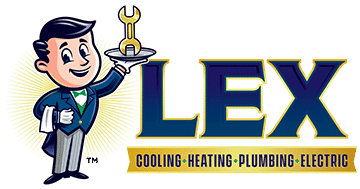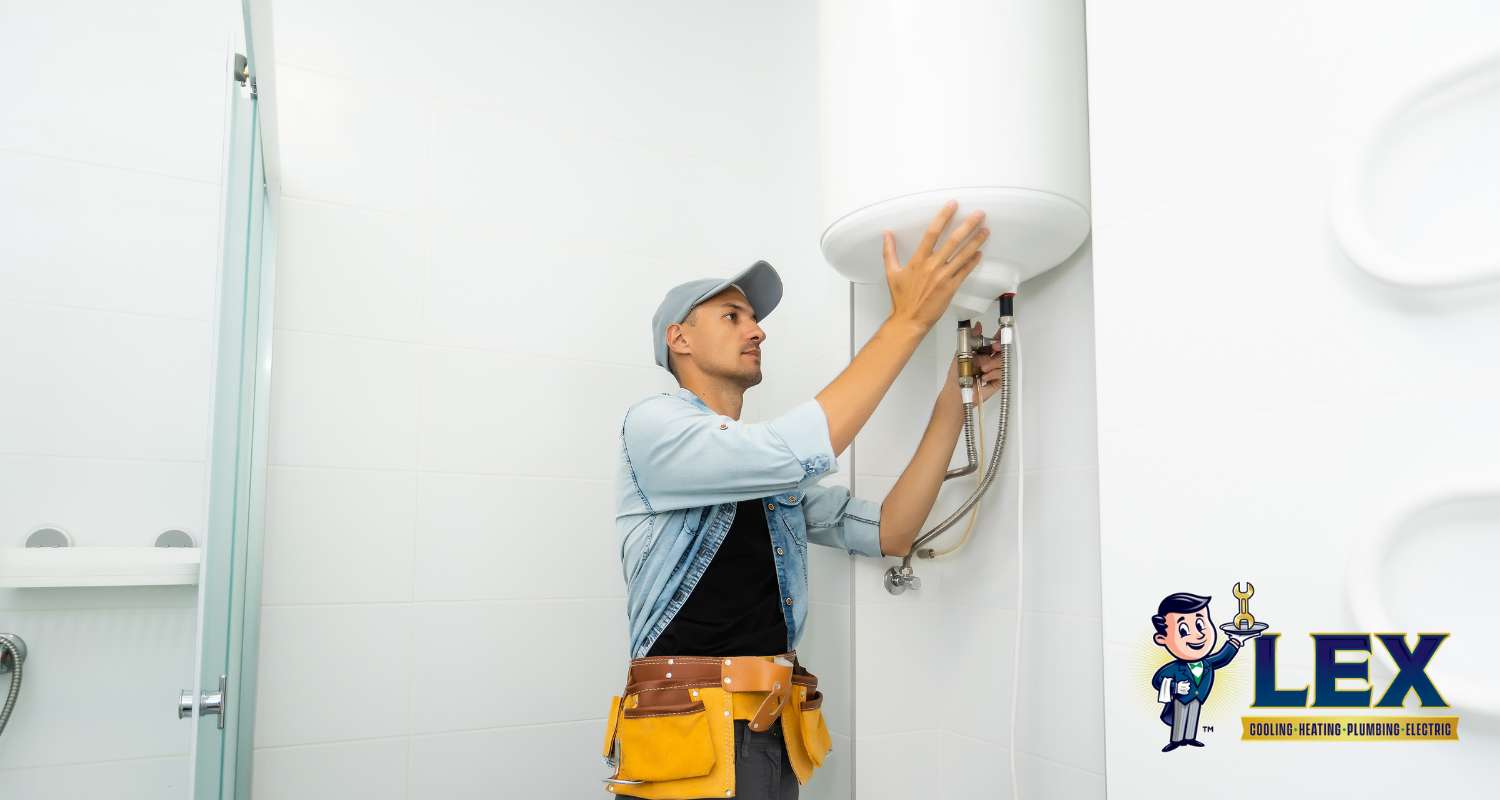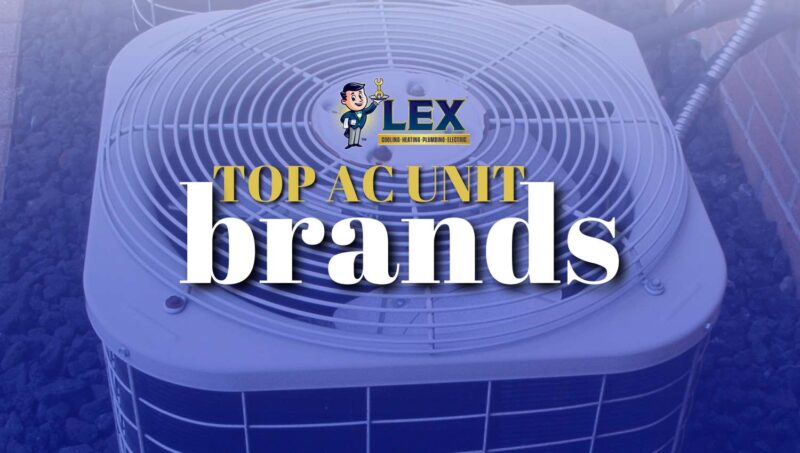Are you facing the daunting task of choosing a new hot water heater for your home or business? With so many options available on the market today, it’s easy to feel overwhelmed. At Lex Plumbing, we understand the importance of choosing the right hot water heater to meet your specific needs and preferences.
From tankless to traditional models, each type comes with its own set of advantages and considerations. In this blog, we’ll walk you through everything you need to know to make an informed decision about which hot water heater is right for you.
For more information or to schedule your Carrollton hot water heater installation, call our plumbing experts at (972) 217-8955 or reach out online today!
What’s the Best Type of Hot Water Heater?
The best type of water heater for your home depends on a number of factors, including your individual hot water needs, home size, and budget.
Electric water heaters are generally easier to install and are suitable for smaller spaces, although gas water heaters can be more cost-effective for larger households with higher hot water demands. And while tankless water heaters offer energy efficiency and a constant hot water supply, traditional storage tank heaters are often more affordable upfront.
Each type of water heater has advantages, so assessing your unique circumstances is the best way to find the ideal fit for you.
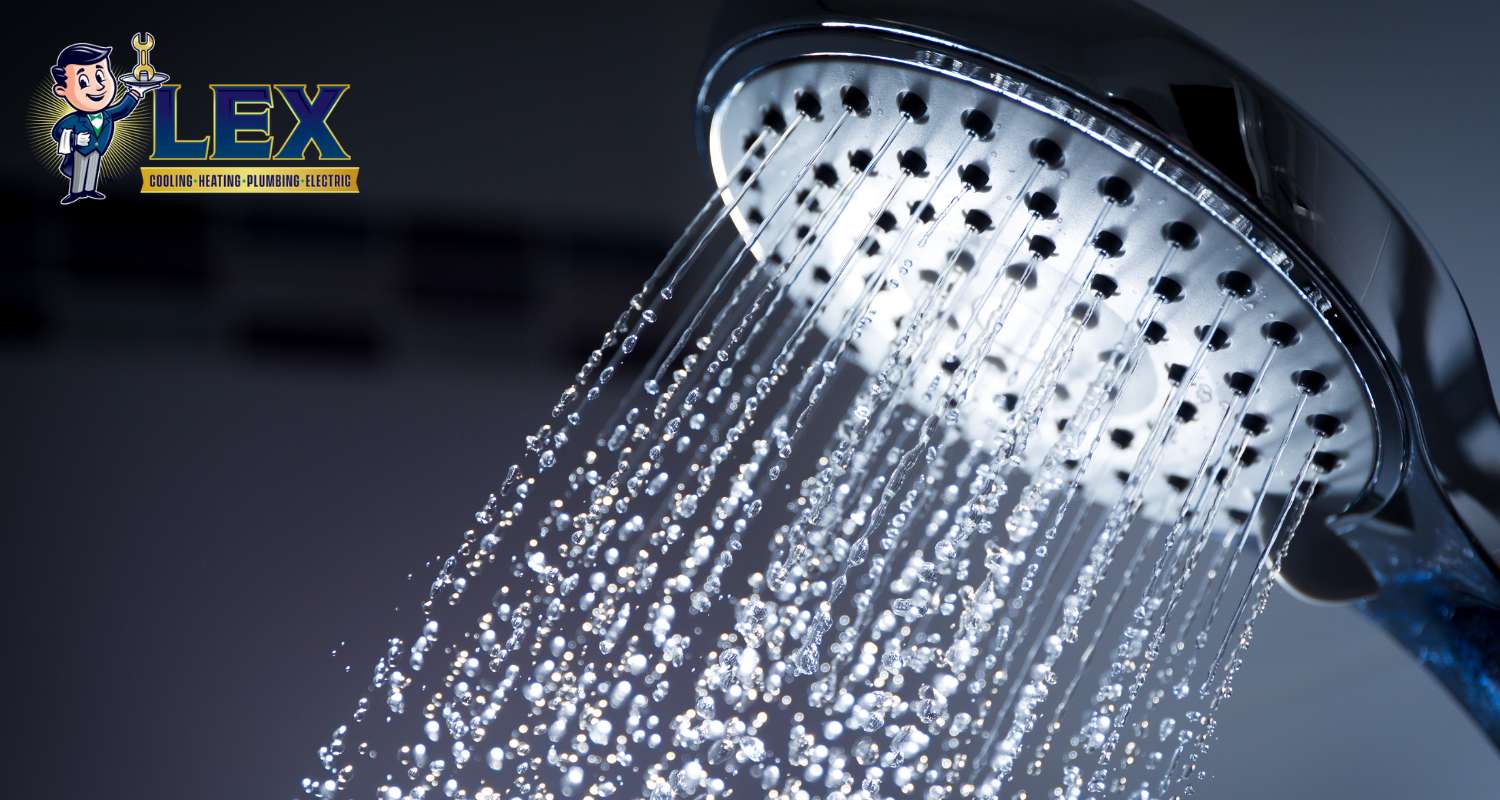
Choosing the Right Water Heater for Your Carrollton, TX Home
Choosing the right water heater for your home involves considering several factors to maximize energy efficiency and save money. These factors include determining how much hot water your household uses on a daily basis, the space available for installation, and whether or not you prioritize energy-efficient models. Of course, it also depends on the type of hot water heater you’re interested in installing. Below, we’ll cover all of these bases and more.
Assessing Your Hot Water Needs
Assessing your hot water needs involves understanding your household’s water consumption patterns. Start by evaluating the number of occupants in your home, as more people typically mean a higher demand for a steady supply of hot water. Consider daily hot water activities like showers, laundry, and dishwashing, and identify peak hot water demand times, such as mornings and evenings when everyone is getting ready or cooking.
Consider the desired water temperature and flow rate, ensuring your system can handle high hot water usage without compromising comfort. You’ll also want to consider the incoming water temperature in your area, as colder water requires more energy to heat.
Deciding Between Hot Water Heater Options
Deciding between the different types of water heaters involves weighing the pros and cons of various systems to match your home’s needs. Each option has unique benefits, so choose based on your budget, energy preference, and hot water demands.
Tankless Water Heaters
A tankless water heater is a compact, efficient unit that provides instant hot water at the point of use. Unlike traditional tank models, tankless heaters do not store heated water but heat incoming cold water as it flows through the system. This on-demand feature reduces energy waste and provides continuous hot water, which is ideal for homes with high usage or limited space.
Tankless models are generally more energy-efficient, which can lead to lower utility bills. However, they often require a higher upfront investment and may need specific electrical or gas infrastructure depending on the energy source.
A tankless unit is perfect for those seeking an efficient water heater. Before installing a tankless water heater, consider your household’s water demand, the existing setup, and whether you prefer a gas or electric water heater.
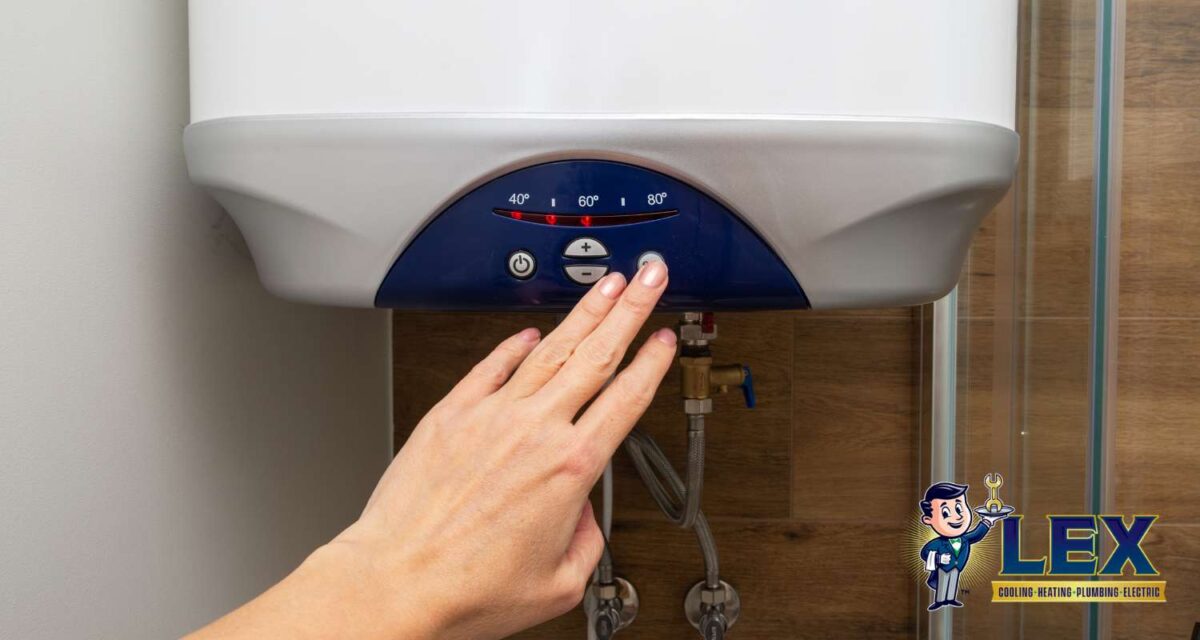
Tank (Traditional) Water Heaters
Traditional tank water heaters, also known as storage tank water heaters, feature a large storage tank that holds and heats water throughout your home.
One of the key benefits of a tank water heater is its simplicity and affordability, making it a popular choice for many households. They are also compatible with natural gas and electric heating, offering installation flexibility.
However, a con of this option is that the hot water supply is limited to the capacity of the tank, which may lead to running out of hot water during times of high demand.
Solar Water Heaters
Solar water heaters harness the power of sunlight to heat water, offering a sustainable and environmentally friendly alternative to traditional heating methods.
A solar water heater significantly reduces reliance on fossil fuels by utilizing renewable energy, leading to lower energy costs and decreased carbon emissions. These systems typically consist of solar collectors, which absorb sunlight and transfer heat to water, along with a hot water tank to hold the heated water for later use.
The primary benefit of solar water heaters is their high energy efficiency, as they require substantially less energy to operate than a gas water heater.
It is important to consider the initial investment required for installation and the system’s effectiveness, which can vary depending on factors such as colder climates and sun exposure.
Heat Pump Water Heaters
If you are looking for an energy-efficient water heater, a heat pump water heater may be the right solution for your home.
Unlike traditional units that directly generate heat, heat pump water heaters work by transferring heat from the surrounding air into the water tank using an electric heat pump. This process makes them significantly more energy-efficient than standard electric water heaters.
A heat pump water heater can also act as a hybrid water heater, allowing you to switch between heat pump and electric modes based on energy demands. While they offer excellent energy savings, you will definitely need to consider the initial installation cost, which can be high, and the need for adequate space and ventilation.
Condensing Water Heaters
A condensing water heater is a gas water heater that utilizes a heat exchanger to maximize efficiency. Unlike a traditional gas heater that releases exhaust gases into the atmosphere, condensing units capture and utilize this heat through a secondary heat exchanger. This process makes them significantly more efficient than standard gas water heaters, resulting in lower energy costs and reduced environmental impact.
By extracting heat from the exhaust gases, condensing water heaters can heat incoming cold water more efficiently, providing a continuous hot water supply while minimizing energy waste. However, considerations include the higher upfront cost compared to conventional units and the need for proper ventilation to ensure optimal performance.
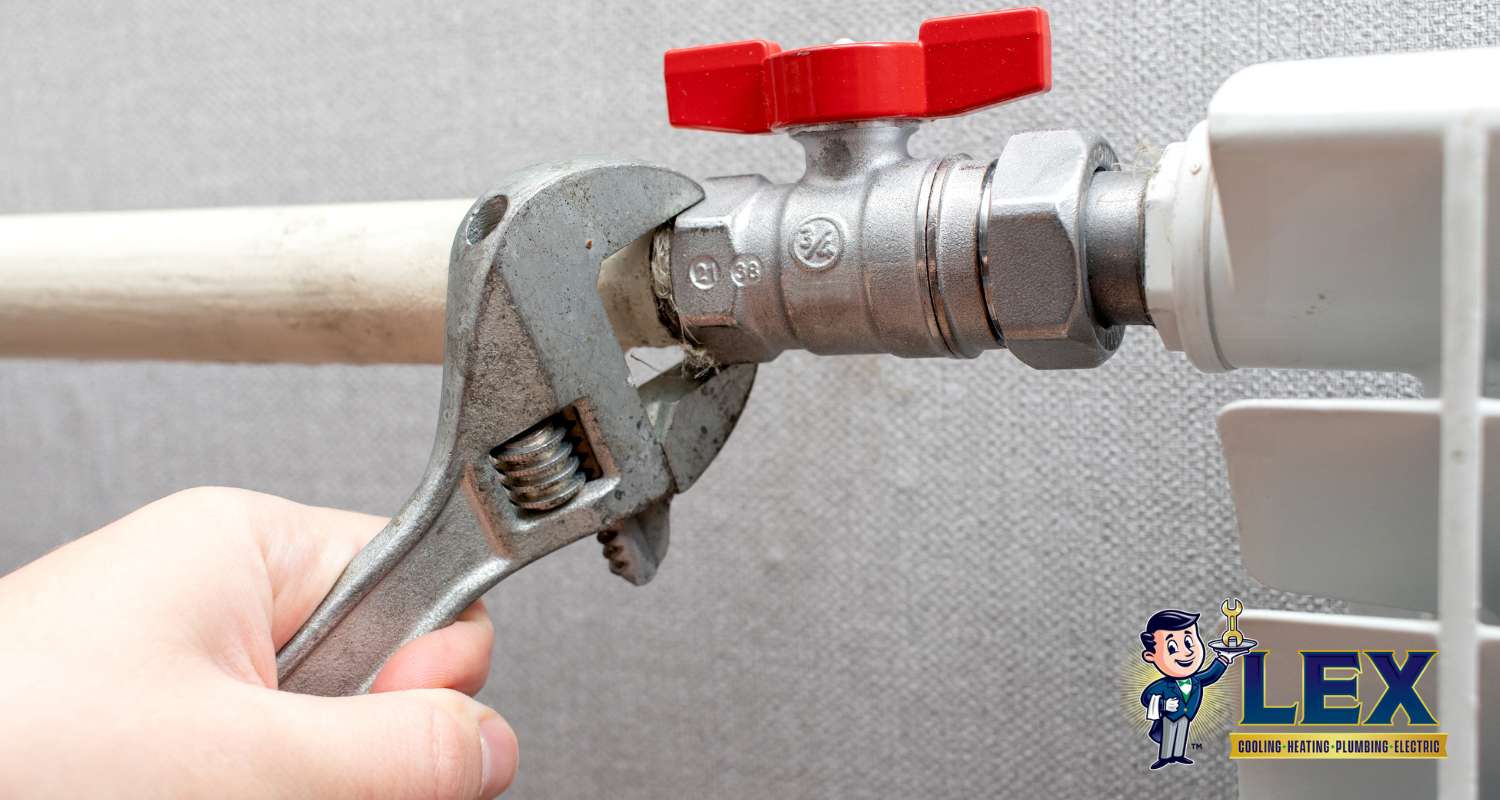
Determining Space and Installation Requirements
When considering hot water heater installation, having adequate space is crucial to ensure proper functionality and safety. Whether you opt for electric tankless water heaters or storage tank water heaters, factors such as location, space constraints, ventilation requirements, plumbing connections, and accessibility must be considered.
Gas units, in particular, require sufficient ventilation and proper placement to prevent the buildup of potentially harmful gases. Proximity to a gas valve or electrical outlet is also essential for efficient operation.
Electric models may have specific electrical requirements that must be met for installation. A storage tank water heater also needs enough space for maintenance and potential repairs, so accessibility is key.
Prioritize planning and measuring to ensure your chosen water heater fits within the available space while meeting all necessary installation requirements for optimal performance and safety.
Considering Energy Efficiency and Operating Costs
Energy efficiency ratings play a crucial role in hot water heaters’ estimated annual operating costs.
The Energy Factor (EF) measures the efficiency of a storage water heater, while a tankless heater is evaluated using the Uniform Energy Factor (UEF). These ratings consider factors like heat loss and standby energy consumption, providing insight into a unit’s efficiency.
High-efficiency models and energy-saving features can help you save money over time, especially in colder climates with higher heating demands.
Whether you opt for standard gas water heaters, electric models, or hybrid water heaters, the more efficient the unit, the lower your estimated annual operating costs are likely to be.
Lex’s Comprehensive Hot Water Heater Services
At Lex Air, we are happy to provide comprehensive plumbing and hot water heater services to clients in and around Carrollton, Texas, covering all of your residential and commercial installation, repair, and maintenance needs. Our team provides expert assistance and personalized recommendations to homeowners and businesses seeking a replacement water heater, ensuring they make informed decisions that meet their specific needs and budget.
Whether you’re considering a tankless hot water heater for its energy efficiency or exploring options like commercial water heaters for larger properties, we have you covered. From assessing things like the heating element and fuel source to estimating annual operating costs and space heating requirements, our professionals guide you through every step of the process.
With Lex Air, you can trust reliable service and quality solutions for all your hot water needs.

Need Help Choosing the Right Water Heater for Your Home? Call the Carrollton Plumbing Pros at Lex Today!
Ready to upgrade your water heater but feeling overwhelmed by the options? Look no further than Lex Air Conditioning & Heating! Our experienced Carrollton plumbers are here to guide you through every step of the process, from choosing the right water heater to ensuring proper installation and ongoing maintenance.
With our comprehensive water heater buying guide and extensive knowledge of all types of water heaters, we’ll help you find the perfect solution for your home.
Don’t let hot water worries hold you back—call (972) 217-8955 or contact us online for expert plumbing services you can trust!
